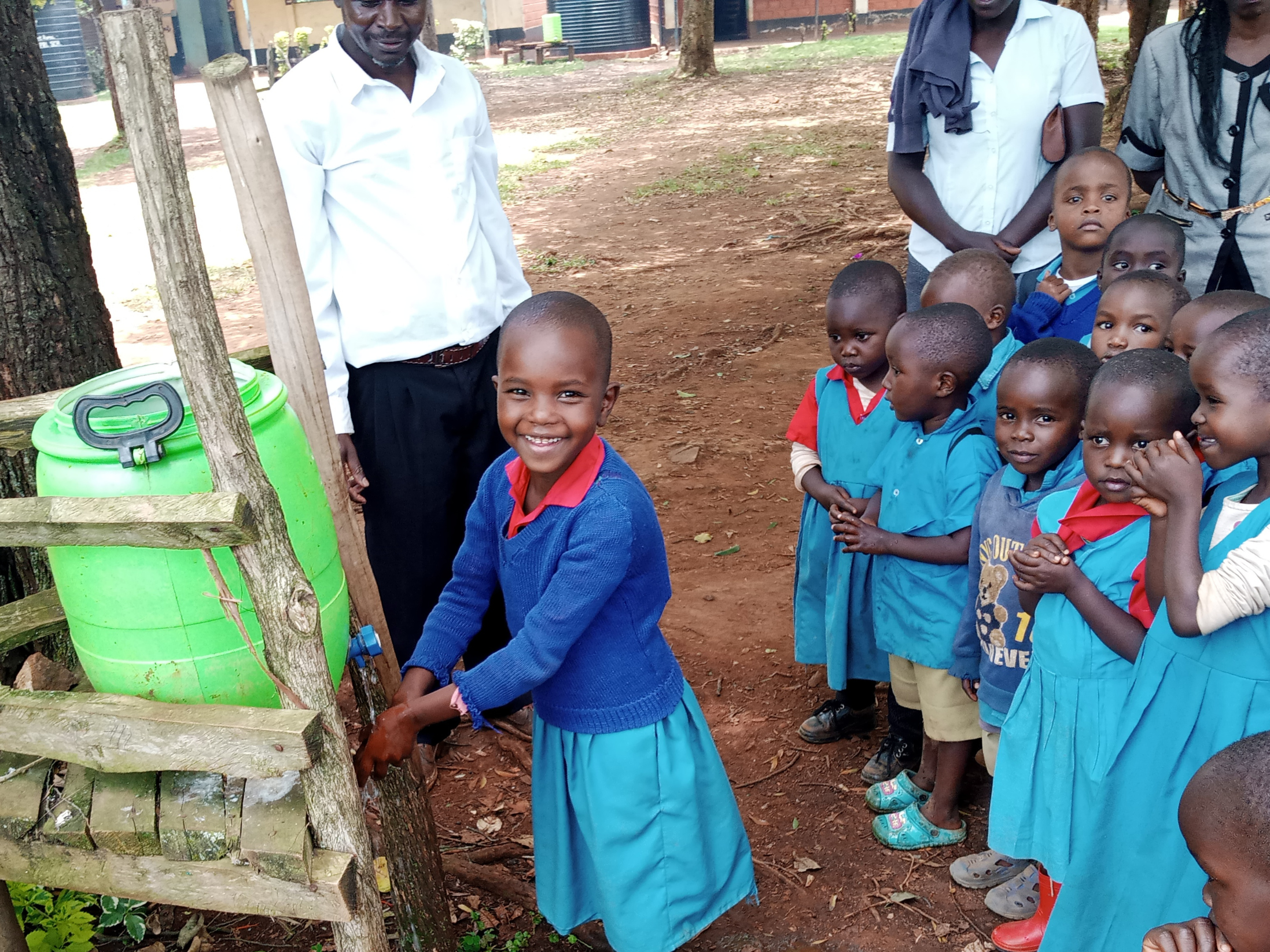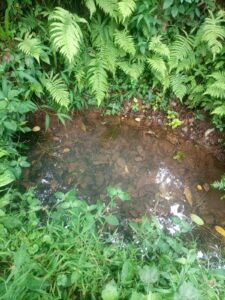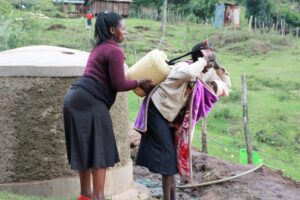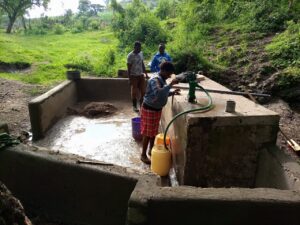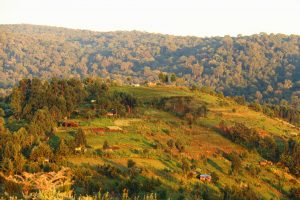March 22nd is World Water Day and this year the focus is on accelerating change to solve the water and sanitation crisis. World Water Day 2023 asks people to “Be the change you want to see in the world”.
The communities we are working with put access to clean water as their number one need. Right now the crisis continuing to affect the Horn of Africa is the worst drought in 40 years. The number of Kenyans affected by drought and hunger has increased from 4.2 million to 6 million. This follows the fifth consecutive season of poor rainfall and the effect of climate change. The worst affected counties are in the north of Kenya where people are displaced having lost crops, livestock, and livelihoods. As the drought persists, news headlines this week report that 500,000 more people have become food insecure in counties surrounding the area where we work where more than half of water sources have dried up.
Londiani – which is where our office is located – hasn’t seen rainfall since November. This is a very worrying time for the community as they prepare for planting maize next month – the staple food of this region. The weather outlook for the period March through to May has predicted normal to below-normal rainfall. Good rainfall coinciding with the time of planting is vital for a successful crop. Alongside food insecurity is the threat of cholera – Kenya has recorded 4,821 cases and 85 deaths since an outbreak in October last year. As drought affects sources of clean water, communities are forced to use contaminated water.
Our water projects support the protection of natural spring sources where water that bubbles to the surface would otherwise collect in shallow pools, be easily contaminated, and be difficult for people to
access over boggy ground. Work on the Lamaiyat spring protection has started and thankfully the spring has not been affected by the drought conditions. This spring protection will benefit 520 people and will also be improved to benefit the nearby schools, Kebenti Primary and Secondary in the future. The school’s population is 598 girls and 912 boys. Women and children currently fetch the water from a tank where the water collects. Work began with a community meetingto plan and discuss the implementation of the project. The community will be contributing 50% of the cost and they will be involved in the process which includes the following – excavation of the target area; masonry work – walls, filling with hardcore, covering with a heavy-duty polythene liner, and covering the area with soil – this will be done both at the water source and the collection point; and plumbing work – pipes connecting water from the source to the collection point.
Upon completion of the project, the spring will be well protected, the water will be safe for human consumption and reduce the risk of disease and it will be easy to access with several points for water collection. If you would like to support our water projects you can donate here https://www.globalgiving.org/projects/families-access-clean-water-in-rural-kenya/
We can all take action and change the way we consume and manage water in our lives. To find out more check out www.worldwaterday.org today.

